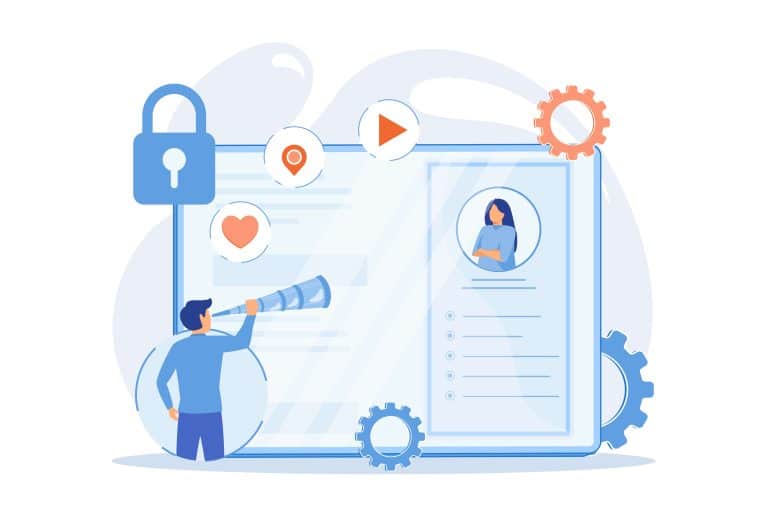As the digital world continues to expand, the demand for skilled web developers has never been higher. The flexibility and freedom of freelancing have made it an attractive career choice for many web developers, both experienced and new to the field. This article will guide you through the process of starting your freelance journey as a web developer, from building your skillset and creating a strong online presence to finding your first clients and managing your workload.
- Develop a Solid Skillset
The first step to becoming a successful freelance web developer is acquiring the right technical skills. Here are some essential skills to consider learning:
- HTML and CSS: The foundation of web development, these languages are used for structuring content and styling web pages.
- JavaScript: A popular programming language for adding interactivity and dynamic content to websites.
- Front-end libraries and frameworks: Tools like React, Angular, and Vue.js streamline the development process and improve code quality.
- Back-end technologies: Server-side languages like Node.js, PHP, Python, and Ruby, as well as database management systems like MySQL, MongoDB, and PostgreSQL, are critical for building dynamic web applications.
- Version control: Git is the most widely used version control system and is essential for collaborating with other developers or working on larger projects.
- Create a Strong Online Presence
Your online presence is your digital calling card. It showcases your skills and helps potential clients find you. Consider these steps:
- Build a personal website: Your website should include your portfolio, resume, and a brief introduction about yourself. Make sure it is well-designed, responsive, and easy to navigate.
- Use social media: Create professional accounts on platforms like LinkedIn, Twitter, and GitHub to network with other developers and industry professionals.
- Write a blog: Sharing your knowledge, experience, and thoughts on web development topics can help establish you as an expert in the field and attract potential clients.
- Set Up Your Business
- Choose a business structure: Consult with an accountant or legal expert to determine the best business structure for your freelance work, such as sole proprietorship, LLC, or S-corporation.
- Register your business: Follow local regulations and register your business name, obtain required licenses, and apply for an Employer Identification Number (EIN) if necessary.
- Set up a separate bank account: Keep your personal and business finances separate to make accounting and tax management easier.
- Find Your First Clients
- Leverage your network: Reach out to friends, family, and professional contacts to let them know you are available for freelance work.
- Freelance job boards: Browse websites like Upwork, Freelancer, and Toptal to find web development projects that match your skillset.
- Attend local meetups and conferences: Networking in person can lead to valuable connections and potential clients.
- Price Your Services
- Research market rates: Analyze the competition and industry standards to determine the appropriate rates for your services.
- Consider your experience: Adjust your rates based on your level of expertise and the complexity of the projects.
- Decide on a pricing model: Choose between hourly, fixed-rate, or retainer-based pricing models depending on the project scope and client preferences.
- Manage Your Workload and Time
- Create a schedule: Set aside dedicated time for work, marketing, learning new skills, and breaks.
- Use project management tools: Tools like Trello, Asana, and Basecamp can help you stay organized and track your progress.
- Set realistic deadlines: Under-promise and over-deliver to keep clients happy and maintain a positive reputation.
Conclusion
Starting a freelance career as a web developer can be both rewarding and challenging. By following the steps outlined in this guide, you will be well on your way to establishing yourself as a successful freelancer in the web development industry. Stay committed to learning and growing, embrace new technologies, and continuously hone your skills. With persistence, dedication, and effective self-promotion, you’ll be able to build a sustainable and fulfilling freelance career as a web developer. Good luck on your journey, and remember to stay adaptable and embrace the challenges and opportunities that come your way.

